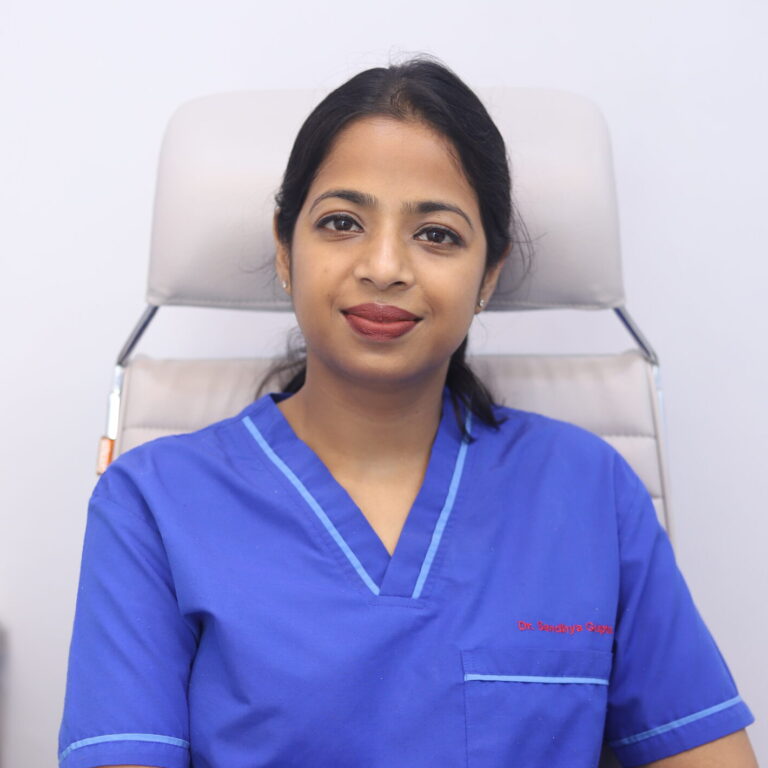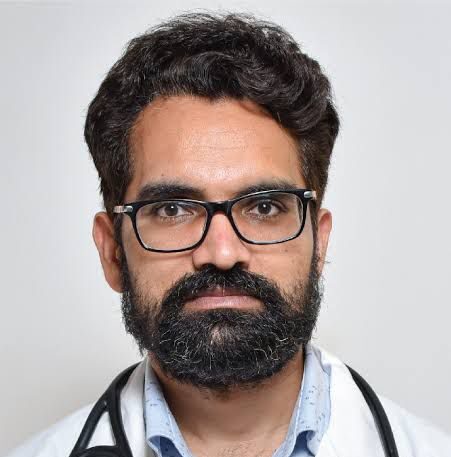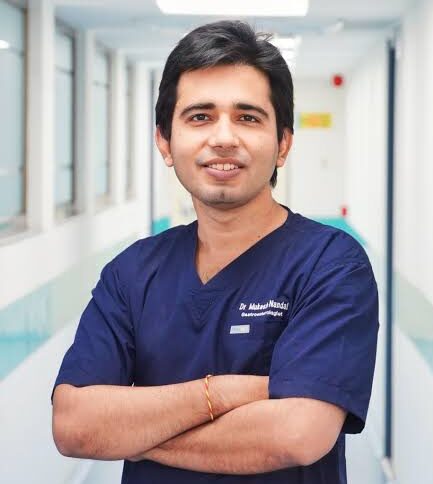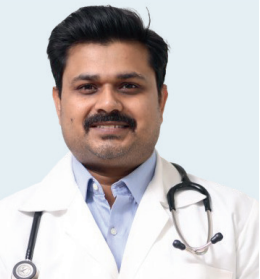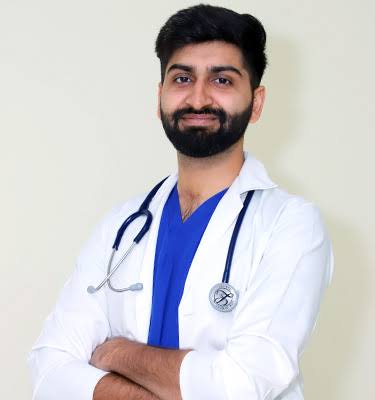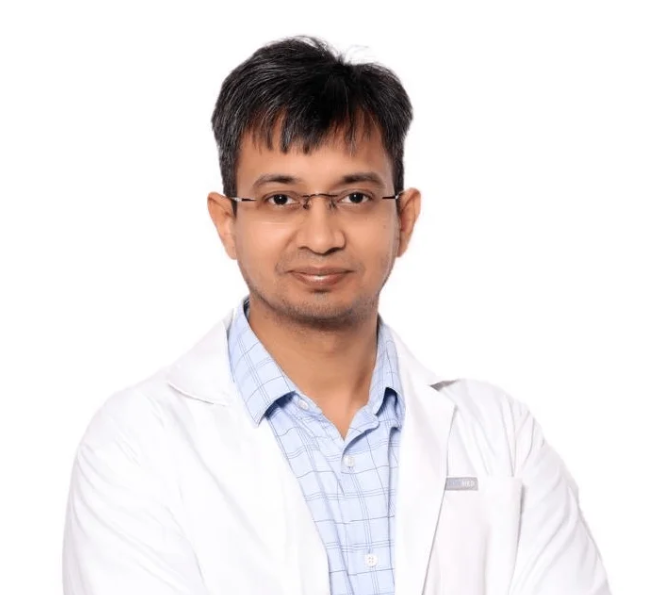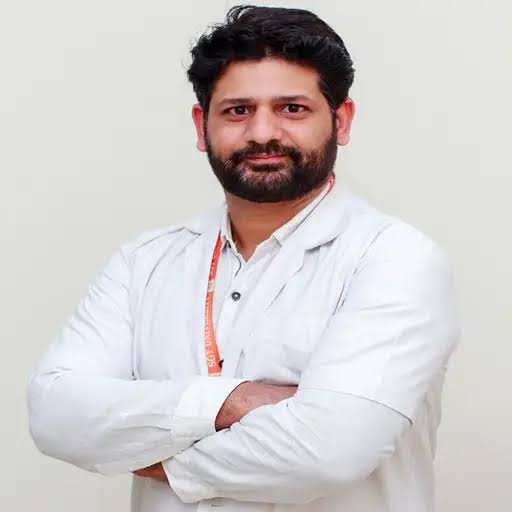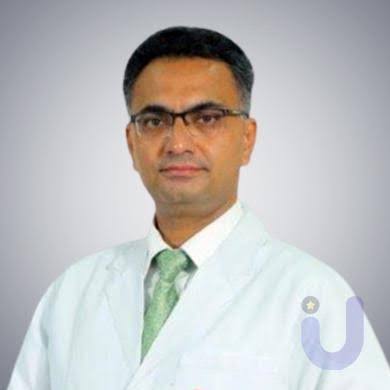
Medicine
Medicine is a multifaceted field encompassing the science, art, and practice of diagnosing, treating, and preventing diseases to improve the health and well-being of individuals and populations. It encompasses various disciplines, including internal medicine, surgery, pediatrics, psychiatry, obstetrics and gynecology, and many specialized areas such as dermatology, cardiology, oncology, and neurology.
The field of medicine is constantly evolving with advancements in medical technology, research, and healthcare delivery systems, aiming to provide comprehensive and personalized care to patients worldwide.
Core Principles of Medicine:
- Evidence-Based Practice: Medical professionals rely on evidence-based guidelines, clinical trials, and research findings to guide their diagnostic and treatment decisions, ensuring the effectiveness and safety of interventions.
- Holistic Approach: Medicine emphasizes the holistic care of patients, considering not only their physical symptoms but also their psychological, social, and spiritual well-being to address their overall health needs.
- Ethical Standards: Medical ethics play a crucial role in medicine, guiding practitioners to uphold principles such as beneficence, non-maleficence, autonomy, justice, and confidentiality in patient care and research.
- Continuing Education: Medical professionals engage in lifelong learning and continuing education to stay updated with the latest medical advancements, technologies, and best practices, enhancing their clinical skills and knowledge.
- Interdisciplinary Collaboration: Collaboration among healthcare professionals, including physicians, nurses, pharmacists, therapists, and allied health professionals, fosters comprehensive patient care and interdisciplinary teamwork.
- Patient-Centered Care: Medicine emphasizes patient-centered care, involving patients in decision-making, respecting their values and preferences, and promoting shared decision-making to achieve optimal health outcomes.
- Preventive Medicine: In addition to treating diseases, medicine places importance on preventive measures, health promotion, and disease prevention through vaccinations, screenings, lifestyle modifications, and public health initiatives.
Medical Specialties:
Medicine encompasses various specialties and subspecialties tailored to specific organ systems, diseases, age groups, and patient populations. Some common medical specialties include:
- Internal Medicine: Internal medicine physicians (internists) focus on the diagnosis, treatment, and management of adult diseases, covering areas such as cardiology, gastroenterology, endocrinology, nephrology, and infectious diseases.
- Pediatrics: Pediatricians specialize in the healthcare of infants, children, and adolescents, addressing developmental milestones, vaccinations, growth and nutrition, childhood illnesses, and pediatric conditions like asthma, allergies, and behavioral disorders.
- Surgery: Surgeons perform surgical procedures to treat injuries, diseases, and abnormalities, specializing in areas such as general surgery, orthopedic surgery, neurosurgery, cardiovascular surgery, plastic surgery, and minimally invasive surgery.
- Obstetrics and Gynecology (OB/GYN): OB/GYN physicians focus on women’s reproductive health, pregnancy care, childbirth, gynecological conditions, family planning, infertility treatments, and menopausal care.
- Psychiatry: Psychiatrists diagnose and treat mental health disorders, including mood disorders, anxiety disorders, psychotic disorders, substance use disorders, personality disorders, and neurodevelopmental disorders, using psychotherapy, medications, and behavioral interventions.
- Dermatology: Dermatologists specialize in diagnosing and treating skin, hair, and nail disorders, including acne, eczema, psoriasis, skin cancers, cosmetic concerns, and dermatologic surgeries.
- Oncology: Oncologists focus on the diagnosis, treatment, and management of cancer, including medical oncology (chemotherapy, immunotherapy), radiation oncology (radiation therapy), surgical oncology (cancer surgery), and palliative care for cancer patients.
- Neurology: Neurologists diagnose and treat disorders of the nervous system, including epilepsy, stroke, multiple sclerosis, Parkinson’s disease, Alzheimer’s disease, headaches, and neuromuscular conditions.
- Emergency Medicine: Emergency physicians provide acute medical care in emergency departments, managing critical conditions, trauma, injuries, acute illnesses, and medical emergencies.
Advances in Medicine:
Medicine has witnessed significant advancements and innovations that have revolutionized patient care, treatment outcomes, and healthcare delivery:
- Medical Technology: Advancements in medical technology, including diagnostic imaging (MRI, CT scans), robotic surgery, telemedicine, wearable devices, and electronic health records (EHRs), have improved diagnostic accuracy, treatment precision, and patient monitoring.
- Precision Medicine: Precision medicine utilizes genomic sequencing, biomarkers, and personalized treatment approaches to tailor medical interventions based on individual genetic makeup, disease characteristics, and patient responses, leading to more targeted and effective therapies.
- Regenerative Medicine: Regenerative medicine focuses on regenerating tissues and organs using stem cells, tissue engineering, and gene therapy to repair damaged tissues, treat degenerative diseases, and improve organ transplantation outcomes.
- Immunotherapy: Immunotherapy harnesses the body’s immune system to fight cancer, autoimmune diseases, and infectious diseases, including therapies like immune checkpoint inhibitors, CAR-T cell therapy, and monoclonal antibodies.
- Minimally Invasive Techniques: Minimally invasive procedures, such as laparoscopic surgery, endoscopic procedures, and catheter-based interventions, reduce surgical risks, recovery times, and patient discomfort compared to traditional open surgeries.
- Artificial Intelligence (AI) in Medicine: AI applications in medicine, including machine learning algorithms, predictive analytics, and decision support systems, enhance diagnostic accuracy, treatment planning, and healthcare management by analyzing vast datasets and generating actionable insights.
- Telemedicine and Digital Health: Telemedicine platforms, mobile health apps, remote patient monitoring, and virtual consultations improve access to healthcare services, facilitate remote monitoring, and enable patient engagement and self-management.
Conclusion
In conclusion, medicine is pivotal in improving health, preventing diseases, advancing medical knowledge, and enhancing the quality of life for individuals and communities worldwide. MET Hospital is the place to go for high-quality medicinal and trauma care. Our expert team is committed to providing excellent care for medicinal and trauma-related conditions. You can rely on us for personalised, modern medical support. At MET Hospital, we are primarily concerned about your health.
Departments
EXCELLENTBased on 126 reviews
 Saurabh Pandit2024-10-16My wife was admitted in case of emergency because of datura poisoning. When she was admitted, she was suffering from a high fever, dizziness, and itching all over her body. But thanks to the MET hospital and team, now she is fine and conscious. The staff of the hospital is professional; they treated me so well. Special thanks to Mr. Deepak; he also understands our financial condition and regards us with a special discount. Thanks, Met Hospital and team. Thanks a lot for your help.
Saurabh Pandit2024-10-16My wife was admitted in case of emergency because of datura poisoning. When she was admitted, she was suffering from a high fever, dizziness, and itching all over her body. But thanks to the MET hospital and team, now she is fine and conscious. The staff of the hospital is professional; they treated me so well. Special thanks to Mr. Deepak; he also understands our financial condition and regards us with a special discount. Thanks, Met Hospital and team. Thanks a lot for your help. Chandan Chauhan2024-10-10Best hospital best dr. And diagnosis and treatment all nursing staff behavior is best Best food Mr. Anup nursing staff very best staff All staff very best
Chandan Chauhan2024-10-10Best hospital best dr. And diagnosis and treatment all nursing staff behavior is best Best food Mr. Anup nursing staff very best staff All staff very best AKASH KUMAR2024-10-02I have recently visited at MET hospital because of high fever 🤒 and body pain. Know I am fit and fine because of Very helpful and supportive nursing staff and doctor. You can get your health care at reasonable price here. I would highly recommend MET hospital 🏥
AKASH KUMAR2024-10-02I have recently visited at MET hospital because of high fever 🤒 and body pain. Know I am fit and fine because of Very helpful and supportive nursing staff and doctor. You can get your health care at reasonable price here. I would highly recommend MET hospital 🏥 Harsh Kumar2024-10-02The staff at MET hospital has been extremely professional and cooperative. Every time have visited the hospital have been given good service . One staff Mr Anup stands apart as he is well versed with his job and does his work professionally. His behaviour towards patients is extremely courteous and he always treats them with lots of respect and smile. Mr Anup always tries to bring a smile on the patients face even when things are difficult. He is really a great asset to the MET hospital.
Harsh Kumar2024-10-02The staff at MET hospital has been extremely professional and cooperative. Every time have visited the hospital have been given good service . One staff Mr Anup stands apart as he is well versed with his job and does his work professionally. His behaviour towards patients is extremely courteous and he always treats them with lots of respect and smile. Mr Anup always tries to bring a smile on the patients face even when things are difficult. He is really a great asset to the MET hospital.

